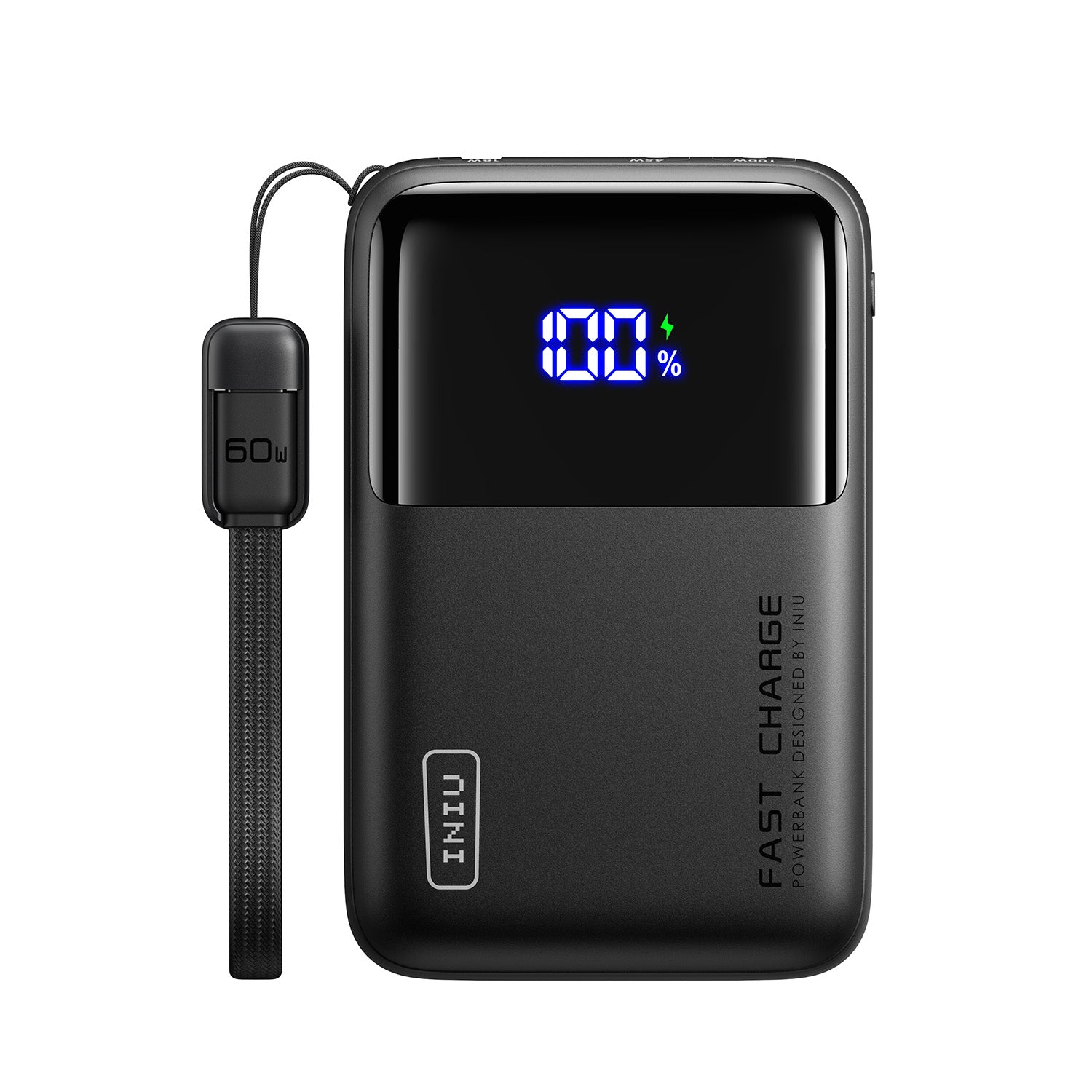Unlock Your Power: Discover the Ultimate Portable Power Bank That Fits Your Lifestyle!
In our increasingly connected world, having a reliable source of power on the go is more crucial than ever. Portable power banks have emerged as essential gadgets, enabling us to charge our devices anytime, anywhere. Whether you're traveling across the globe, commuting to work, or enjoying a weekend camping trip, a portable power bank ensures that your devices remain charged and ready for use. Imagine being at an airport, your phone on the brink of dying, and you have to miss an important call or message. This is where the importance of a good power bank becomes clear. In this article, we will compare different portable power bank models to help you make an informed purchasing decision that fits your lifestyle.

Understanding Portable Power Banks
Portable power banks are compact, rechargeable batteries designed to charge electronic devices on the go. They work by storing energy that can be transferred to your devices through USB ports. Key features that define a quality power bank include its capacity, measured in milliamp hours (mAh), charging speed, and overall size. A higher capacity means more charging potential, allowing you to power up multiple devices or fully charge a device several times. Charging speed is crucial for minimizing downtime; look for power banks with fast charging capabilities, often indicated by higher output ratings. Additionally, the size and weight of the power bank can significantly impact its portability, making it essential to find a balance between capacity and convenience. Many modern power banks also incorporate technologies such as Quick Charge or Power Delivery, enhancing their efficiency and usability.
Key Factors to Consider When Choosing a Power Bank
When selecting a portable power bank, several factors should guide your decision. First and foremost is capacity, which directly affects how many times you can charge your device. A power bank with a capacity of 10,000 mAh is generally sufficient for most users, while heavy users may prefer 20,000 mAh or more. Next, consider the number of output ports; multiple ports allow you to charge more than one device simultaneously, which is especially beneficial for users with multiple gadgets. Portability is another crucial factor; if you’re often on the move, a lightweight and compact design is ideal. Durability should also be taken into account, as a robust build will withstand the rigors of travel or outdoor activities. Finally, price is a consideration, balancing between affordability and the features you need. Each factor plays a pivotal role in shaping your user experience, and assessing your lifestyle can help you make the right choice.
Comparing Different Types of Portable Power Banks
There is a wide variety of portable power banks available, each designed to meet different user needs. Compact power banks are lightweight and easily fit into pockets or bags, making them perfect for daily commuters or casual users who only need to charge their devices occasionally. High-capacity power banks, on the other hand, are bulkier but can charge multiple devices multiple times, making them ideal for travelers or those who spend extended periods away from power sources. Solar-powered power banks represent a sustainable option for outdoor enthusiasts, allowing them to harness solar energy for charging while camping or hiking. However, they may not be as effective in low-light conditions. Finally, multi-device chargers cater to users with several devices, allowing simultaneous charging of smartphones, tablets, and even laptops. Each type has its advantages and disadvantages, and understanding these will help you choose the best one for your lifestyle.
Real-Life Scenarios: Choosing the Right Model for You
To make the best choice, consider your lifestyle and how you typically use your devices. For instance, if you’re a frequent traveler, a high-capacity power bank would be a wise investment, providing you with the assurance that your devices will remain charged throughout long flights or layovers. In contrast, students who frequently use their smartphones for studying may prefer a compact power bank that can easily fit into a backpack and provide a quick charge between classes. Outdoor enthusiasts should look for rugged, solar-powered models that can withstand rough conditions and recharge using sunlight during extended trips. I remember my friend who loves hiking; he swears by his solar-powered power bank, allowing him to stay connected while exploring remote trails. By assessing your unique needs, you can find the perfect portable power bank that enhances your daily activities.
Making an Informed Decision for Your Power Needs
In summary, choosing the right portable power bank involves understanding your specific needs and lifestyle. From capacity and portability to the type of power bank that suits your activities, several factors influence your decision. By considering these elements carefully, you can select a power bank that not only keeps your devices charged but also enhances your daily experiences. Remember, the right portable power bank can be a game-changer, ensuring that you stay connected and powered up, no matter where life takes you.














